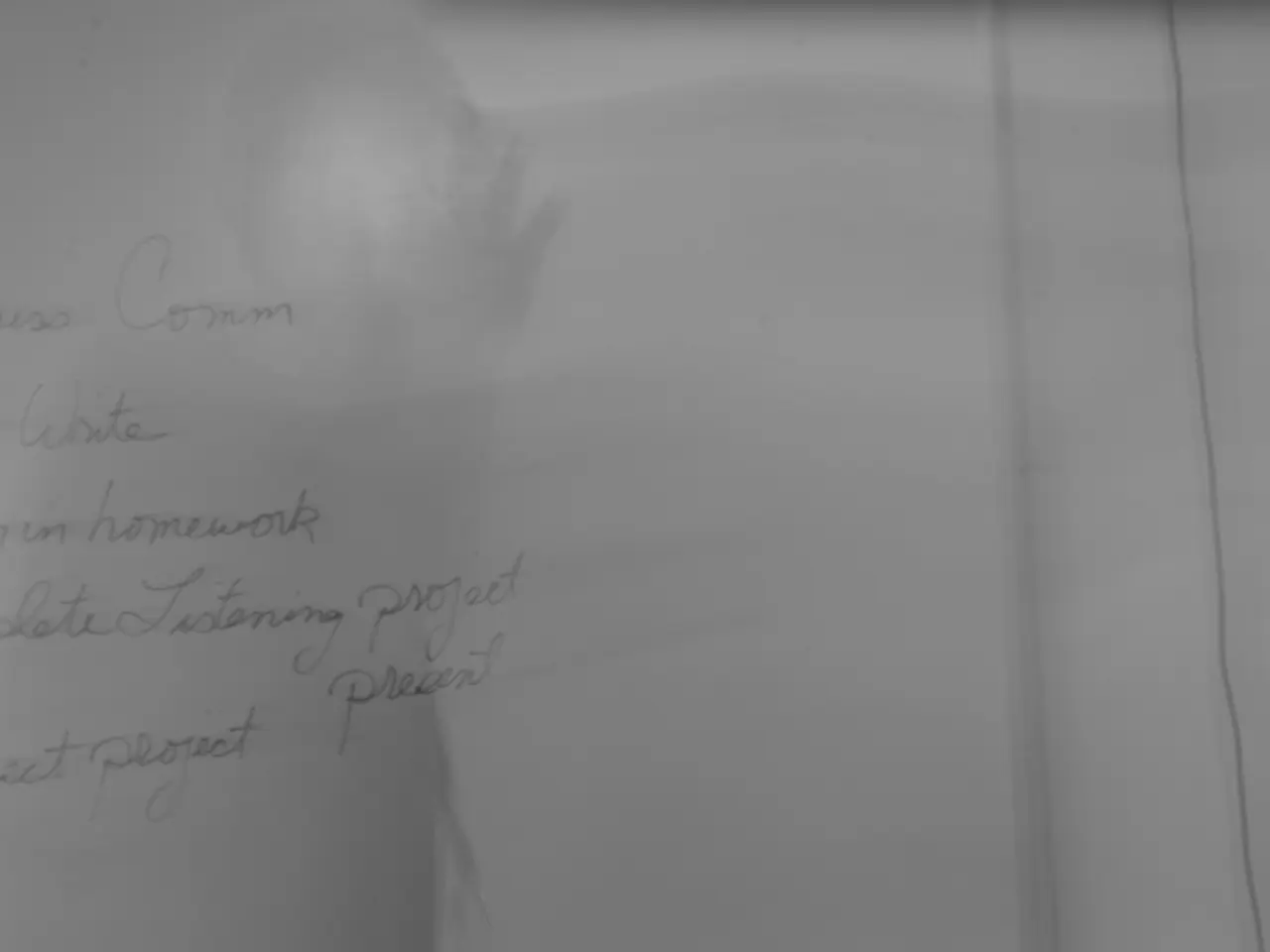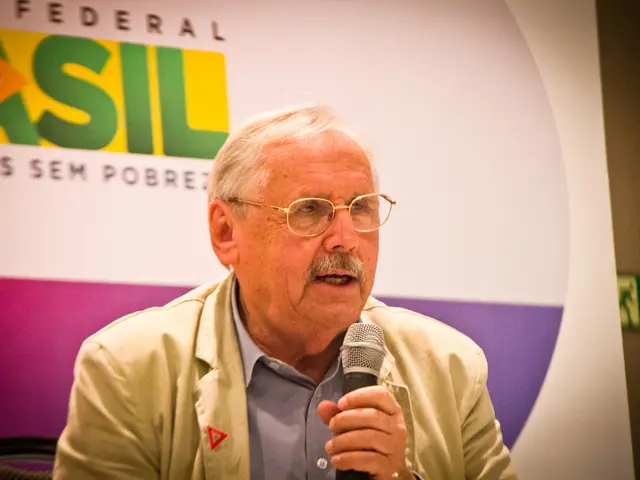Need for change within the change: BNP's Moyeen Khan calls for transformation in the reform process
In a bold statement at the 'Dialogue for Democratic Reconstruction: Security, Corruption, Energy' event, organised by the Center for Governance Studies (CGS) and held at the CIRDAP auditorium in Dhaka on September 18, 2022, BNP Standing Committee member Abdul Moyeen Khan questioned the assumption that everyone must agree on all national issues.
Khan expressed concern about the suppression of differing viewpoints over the past 15 years, stating that the previous government sought to eliminate dissenting opinions. He attributed the lack of progress to the commission's reliance on traditional methods and argued that democracy cannot be guaranteed by pre-deciding everything to create a consensus.
Khan highlighted the inherent existence of differences of opinion in a democratic system, stating that while 70-80% may agree on most matters, 20-30% will naturally disagree. He emphasised the need for mutual trust between political parties for any reform to succeed.
The BNP member also criticised the approach of seeking a national consensus as a means to guarantee democracy. He argued that such an approach stifles healthy debate and the exchange of ideas, which are essential for a vibrant democracy.
Khan's comments suggest a belief in the importance of allowing for dissent and diversity of opinion in a democratic system. He called for a more inclusive and open approach to the ongoing reform process, which has not delivered meaningful results, according to him.
The event was hosted by the European Liberal Forum, with Khan's remarks providing a thought-provoking perspective on the state of democracy and reform in Bangladesh. His comments serve as a call to action for a more open and inclusive approach to the ongoing reform process, one that encourages healthy debate and the exchange of ideas.
Read also:
- United States tariffs pose a threat to India, necessitating the recruitment of adept negotiators or strategists, similar to those who had influenced Trump's decisions.
- Weekly happenings in the German Federal Parliament (Bundestag)
- Southwest region's most popular posts, accompanied by an inquiry:
- Discussion between Putin and Trump in Alaska could potentially overshadow Ukraine's concerns






